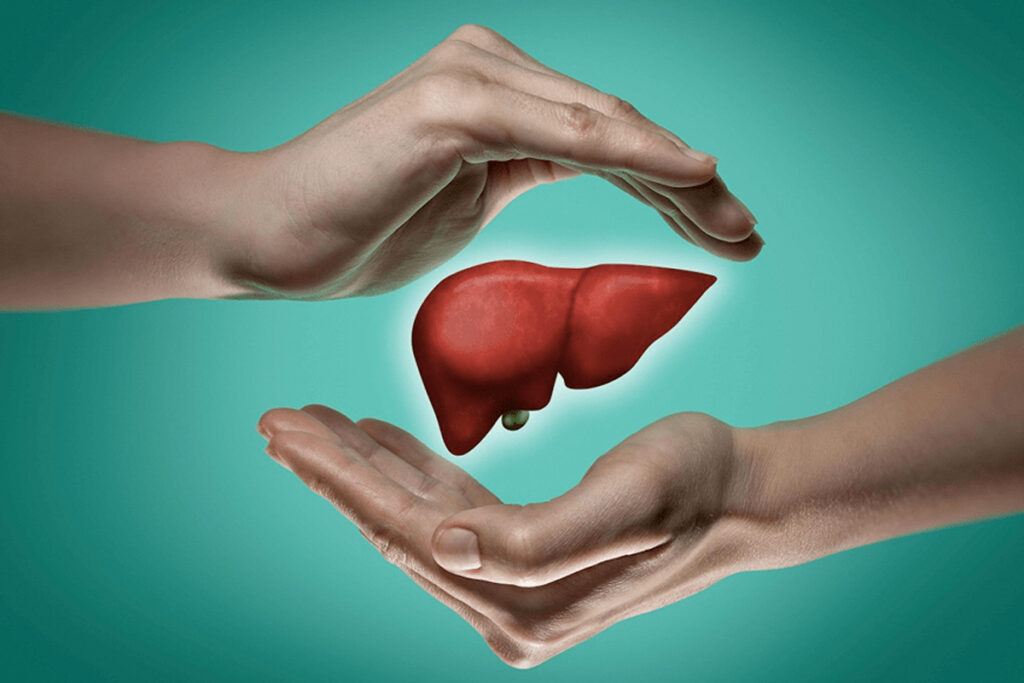Your liver is one of the most important organs in your body. One of its major functions is to process your blood, breaking down and regulating the nutrients and chemicals it contains. Anything that you eat or drink, whether it’s food, alcohol, medicine or toxins, gets filtered by the liver. It regulates hormones, too.
Your liver works ‘behind the scenes’, so as long as it stays healthy, it can be easy to neglect its importance. There are times, though, when this incredible organ could benefit from some rest and recuperation.
Can the liver repair itself?
Your liver works hard and it can withstand a lot of pressure, but it’s like an elastic band – it can only stretch so far before it breaks.
Fortunately, one of the unique qualities of your liver is that after it’s injured or after tissue is removed during surgery, liver tissue can grow back. First, existing liver cells start to enlarge, then, new liver cells begin to grow and multiply in the area that’s been removed or injured.
Many things can impact the health of your liver. Sometimes, damage can be genetic. Other risk factors include consuming too much unhealthy food, alcohol or other drugs.
The question of how many years of drinking before liver damage is seen varies from individual to individual. But liver regeneration can be impacted by chronic liver disease, so it’s important to look after it.
Fatty liver, the earliest type of alcohol-related liver disease, can potentially be treated by abstaining from alcohol for four to six weeks. [NHS says at least two weeks –
https://www.nhs.uk/conditions/alcohol-related-liver-disease-arld/treatment/]
Can liver damage be reversed?
The liver is unique in that it’s the only organ in the body that is able to regenerate. With most organs, such as the heart, the damaged tissue is replaced with a scar. The liver, however, is able to replace damaged tissue with new cells.
Complications of liver disease occur when regeneration is either incomplete or prevented by progressive development of scar tissue within the liver. This occurs when the damaging agent (a virus, a drug or alcohol) continues to attack the liver and prevents complete regeneration. Once scar tissue has developed, it is very difficult to reverse that process, resulting in severe scarring of the liver (cirrhosis).
How does the liver regenerate?
When the liver detects damage, messages are sent to its cells, ordering them to divide. The cells keep dividing until the liver recovers its original size. While all this is happening, the liver still needs to perform all its normal functions, to keep you alive and healthy.
Signs your liver is healing may include a boost in your energy levels. You may start to feel stronger and sleep more soundly.

Benefits of a 30-day detox
Committing to looking after your liver for a month could involve abstaining from alcohol and eating a liver-friendly diet. This can help you:
- Re-balance your body and repair existing damage.
- Expel environmental toxins that have built up in your body.
- Reduce symptoms of headaches, aches, inflammation, acne and increased body fat.
- Reduce your dependency on stimulants like alcohol, sugar, caffeine and refined carbohydrates.



